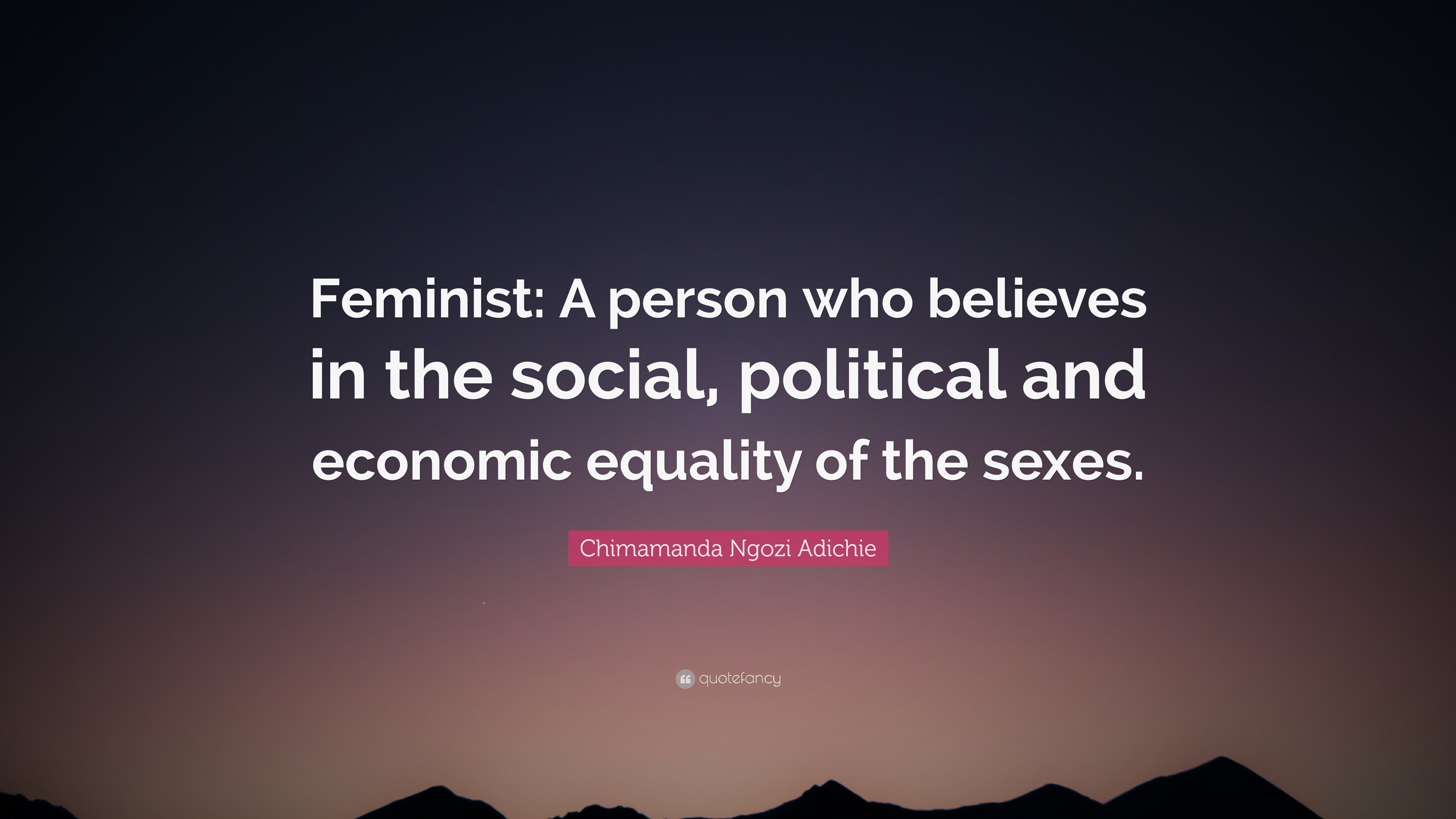Fact: It wasn't until the last few years that I felt comfortable using the word "feminist". I think this was the case for a lot of people because, unfortunately, the term always had negative connotations. The stereotype was that feminists hated men, that you couldn't be one if you liked romance or pretty clothes or wanted to be a mom...any number of typical "lady things". Luckily, many people have stepped up to explain what feminism really is. For me, it really kicked in with Chimimanda Ngozi Adichie's speech.
And yes, I first heard it thanks to Queen Bey.

If there had been a book like Moxie when I was a teen, I would've come to understand my misinterpretation a lot sooner. I'm so glad that this book exists to do that. So let's get talking about it, shall we?
Moxie is the story of Vivienne, a teen girl who has, for the most part, accepted the routine at her small town Texas high school. The football team is considered important by the entire town, the players rule the school, and their superior and often inappropriate behavior is practically encouraged.
Inspired by her mom's Riot Grrrl past and infuriated by the rampant sexism the girls in her school deal with on a day-to-day basis, Viv decides to create a zine called Moxie. She anonymously distributes it in the girls bathrooms, and starts to initiate small but important calls-to-action to create solidarity. As more girls realize they are not alone in feeling objectified and disregarded, the Moxie movement gets bigger.
Feminism and friendship is the biggest part of this novel, with Viv hoping that she can inspire her friends (especially her best friend, Claudia, who seems a bit iffy on the subject) to join this movement. We see the way girls feel about speaking out. Will they get in trouble? Will they be less popular? An unfortunate side effect of sexism: constantly worrying whether you have the right to speak up.
There is also romance, with Viv falling for the new boy in town. It doesn't take precedence and some people might have found it unnecessary, but I think this added another element to the story. Vivienne likes a boy, likes the idea of having a boyfriend, and is honest about her physical attraction to him (which, again, is NORMAL and not anti-feminist). Gabe Acosta is an ally to Moxie and considers himself a feminist. Viv finds herself frustrated when he tries to talk down things that she feels are important, but the best part is that Gabe listens and is willing to learn instead of discounting her feelings based on what he thinks as a boy, even if that was never his intention.
I really liked this book. As I mentioned above, I would've benefited from this when I was younger (heck, I benefited from it now!) and I'm glad that it's out there for others who feel confused by the negativity surrounding feminism. Moxie features intersectional feminism, proving that it is about all women, no matter their race, orientation, religion, whatever. It shows that feminism is about supporting each other rather than tearing each other down and that we are stronger together.



Comments
Post a Comment